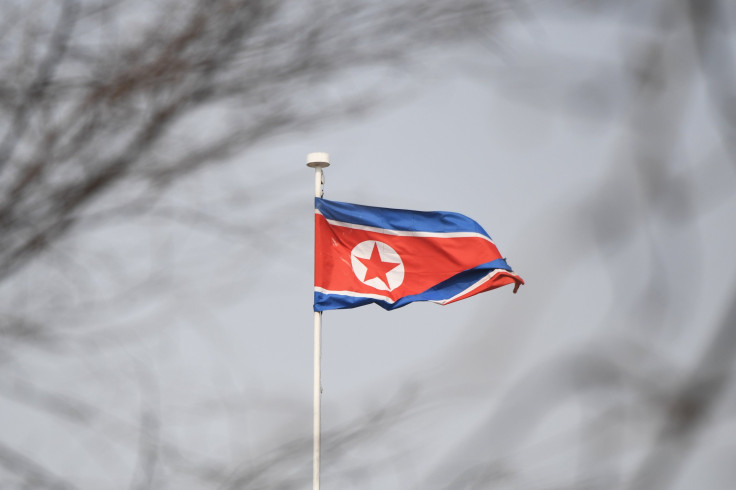North Korea News: Australian Student Expelled By Kim Jong Un's Government Due To 'Spying'

The North Korean government said it deported an Australian student on Thursday after spending a week in detention. North Korean media claims "spying" and "spreading incitement" were the main reasons Alek Sigley was detained.
Sigley, 29, "was caught red-handed committing anti-DPRK (Democratic People's Republic of Korea) incitement through internet, by a relevant institution of the DPRK on June 25," the North Korean Central News Agency (KCNA) said.
The outlet stated that Sigley was released as an "act of humanitarian decency," and that he admitted to acts of spying.
Australia's Prime Minister Scott Morrison on Thursday said that Sigley was "released and safe." On arrival in Beijing airport from North Korea, Sigley said he was doing "great."
Sigley was a student at Kim Il-Sung University, which is located in North Korea's capital, Pyongyang. He also ran a tourism company in the city, Tongil Tours, which led "educational tours" around the isolated country. Sigley, who was pursuing a master's degree, is fluent in Korean and Mandarin and had traveled extensively in East Asia.
On his company's website, he ran a blog where he described life in North Korea as a student and "steered clear of politically sensitive issues." Nevertheless, this blog might have been how the authorities suspected Sigley of spying. Sigley also wrote columns in English for NK News.
Sigley had gone missing in late June and didn't post anything on social media during his time spent in detention. His family also didn't hear anything from him during this time.
A somewhat similar case happened with American Otto Warmbier, a University of Virginia student accused of stealing a propaganda poster in January 2016 while on an educational tour of North Korea. He was sentenced to 15 years in prison and fell into a coma during captivity. Warmbier was sent back to the U.S. in June 2017 and died six days after his arrival.
President Trump drew controversy after saying he believed North Korea leader Kim Jong-Un was not aware of the torture used on Warmbier.
North Korea is a highly secretive and reclusive country. Human rights watchdog Human Rights Watch has stated that North Korea frequently uses "arbitrary arrest and punishment of crimes, torture in custody and executions to maintain fear and control of the population."
© Copyright IBTimes 2025. All rights reserved.





















